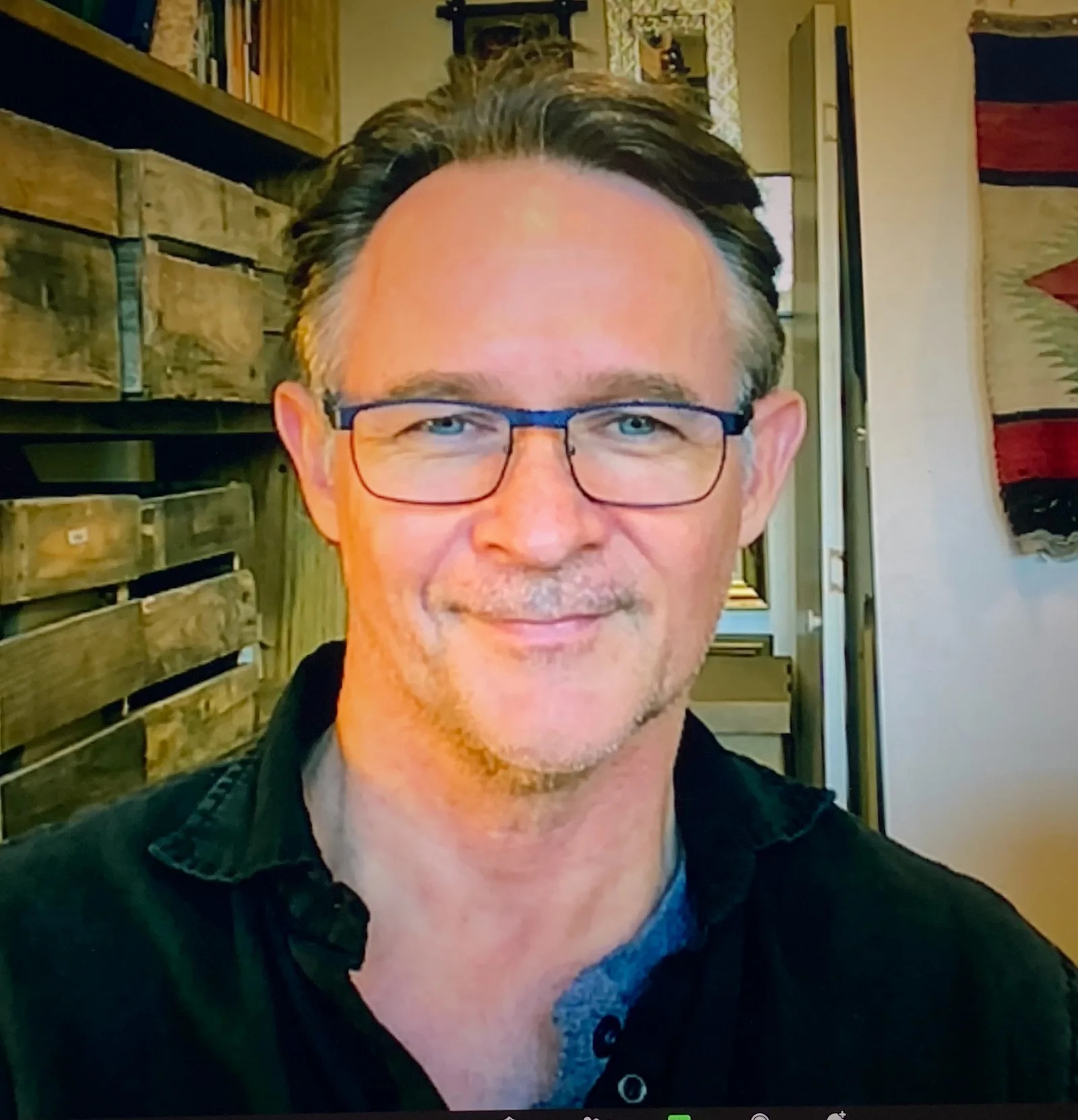Approach & Background
Approach to Therapy
Support and Challenge
I believe in a careful balance of support and challenge. It’s my job to help you feel safe in our work together—to listen carefully, to be respectful, to keep in mind all I know about your vulnerabilities. It’s also my job to challenge you to see your situation, yourself, and your options differently than you’re currently seeing them. Seeing differently means seeing new possibilities, new options, new strategies, and new hope.
Respect vs. Shame
I also believe in bringing a lot of respect to those moments when you recognize your role in a problem. We often think of these as “bad,” or at least painful, moments—‘I’m to blame; I should be ashamed’—but they’re the amazing moments when your whole life can shift, so I find it easy to respect clients in those vulnerable moments.
Your part, of course, may simply be that you’ve been too harsh with yourself. I’m a big believer in self-kindness, no matter who’s responsible for the current kerfuffle.
Who Drives?
I imagine we’ll vary who leads and who follows. My preference is a collaboration in which we’re both really active. You know a lot about you, and I know a lot about healing and growth; together we can probably do a lot of good.
Past or Present?
There’s a classic debate about whether it’s best to focus on past, present, or future in therapy. My answer is: yes. We can’t change the events of the past, but we can change their meaning and the hold they have on you, and that’s almost as good as changing what happened. About the past, we can grieve hard things and let them go. Grieving can become part of moving forward, not the ‘wallowing in the past’ that some people fear.
Your present life is obviously important, including relationships, work, and the other basics of life.
Looking to the future in terms of hopes and goals is useful in clarifying where we’re headed in therapy and helpful in motivating you to try new ways of living right now.
So, no need to wrestle with yourself or your partner about past vs. present vs. future: they’re all helpful places to put some attention.
Beliefs
Underneath our thoughts, feelings, and actions are beliefs based on our pasts. These beliefs usually settle into well practiced patterns of interpreting what happens to us. Day-to-day, most of us ignore that layer, thinking our interpretations are ‘objective’ and unbiased. That’s a pretty dicey belief!
It’s extremely helpful to articulate the beliefs that influence our interpretations, then to question whether our beliefs are realistic vs. needing an update. Therapy is often the place where that update and upgrade happens.
Here and Now
I pay a lot of attention to what’s happening with a client right in the moment, during the therapy session. Yes, your words are extremely important, but your tone of voice, facial expression, and posture also communicate a huge portion of how you feel about what you’re saying and what it means to you. I have extensive training in two therapy approaches that emphasize immediate experience—what’s going on right now—and the importance of our bodies. They are Yoga For The Emotional Body with Kenneth Robinson and Hakomi Therapy.
Context
I like to think in terms of context—culture, race, economic status, gender, etc.—and to recognize the pressure that each person feels from their context. At the same time, I like to help people figure out how best to thrive within the limits they’re faced with. It’s an imperfect world; how do you want to live in it?
My Personal Style and Values
In terms of personal style in therapy, I think my clients perceive me as warm, engaged, authentic (I’m not much different in sessions than I am with friends), supportive, appropriately challenging, respectful, but also slightly irreverent.
Some of my personal values are authenticity, being present where you are, communal responsibility, and working to recognize and overcome the systems that keep power in the hands of the few rather than the many.
Online Therapy
Learn how I do video therapy.
My Background
I grew up mostly in Texas and moved to Austin in 1979 to attend the University of Texas. After studying pre-everything and pre-seminary, I ended up with a philosophy degree. The purely intellectual approach to finding meaning wasn’t satisfying enough for me, so I knew I wouldn’t pursue a career in philosophy. After that came some time in Alaska and work in child care and computers. Along the way I played some music part-time.
I got my PhD in counseling psychology from the University of Maryland in 1992, and I became a licensed psychologist in 1994. After my PhD, I worked for nine years as the director of the counseling center at Southwestern University in Georgetown, TX. There I did counseling and presentations and training on topics such as relationships, sexual assault prevention, and men’s issues. I served as president of the Texas University and College Counseling Center Directors Association. Since 2001, I’ve been in private practice.
I’ve recently completed my first book, Emotions: The Thinking Person’s Guide to Feeling Better. I’m marketing that book while starting both a practical guide to personality styles and a book of humorous daily devotions. In order to focus on writing, I’m not taking new clients.
Thank you for dropping by!
Lee Edwards

